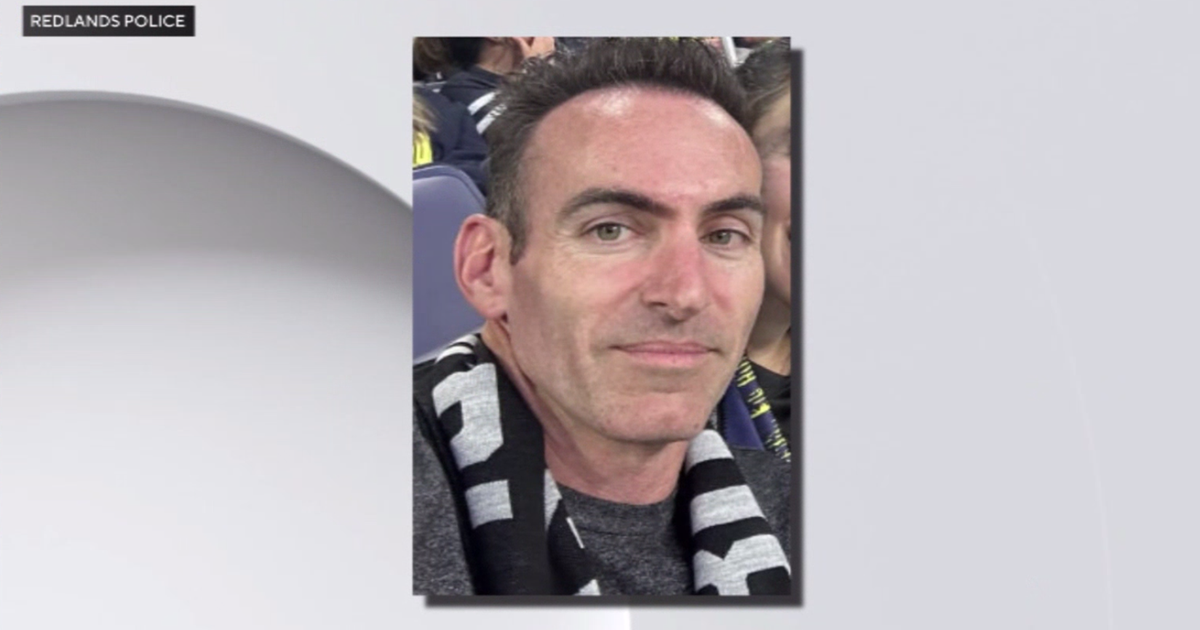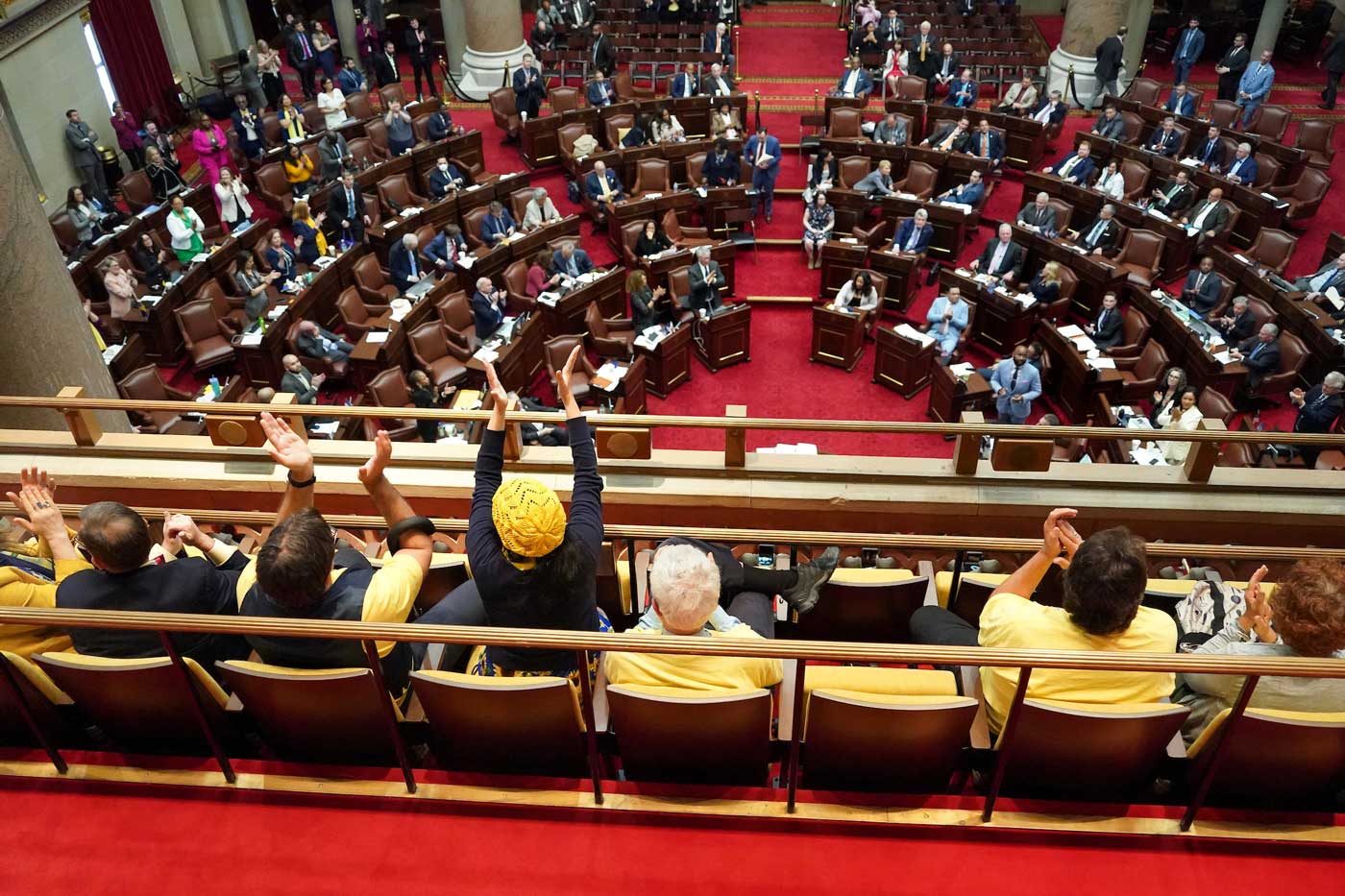James K. Polk's remains should be moved again, Tennessee Legislature says
NASHVILLE, Tenn. -- The body of former President James K. Polk has been moved three times since he died of cholera in 1849, and now an effort to move it again has taken on a life of its own in the Tennessee Legislature. A much-debated resolution urging that his remains be moved to a fourth resting place appeared dead last month, but was resurrected before winning final approval Monday night in the House by a vote of 51-37.
House members agreed on a Senate-passed resolution following rancorous debate and Tennessee Gov. Bill Haslam saying he thought lawmakers should just let the former president and his wife rest in peace. The state historian has objected to the move and the Polk heirs can't agree.
The 11th president of the United States achieved much while in office, dramatically expanding the country's borders by annexing Texas and seizing California and the Southwest in the war with Mexico. But in death, achieving eternal rest has proved far more difficult.
Polk died from cholera, just three months after leaving the White House. He was originally laid to rest in what is now the Nashville City Cemetery because of an ordinance that said people who died of infectious diseases had to be buried on the outskirts of town within 24 hours. Less than a year later, his remains were moved to a tomb in the yard of his Nashville mansion, which is what he had specified in his will.
After his wife Sarah died in the 1890s, the two of them were buried on the Capitol grounds. The Polk mansion was sold to someone outside the family and later demolished.
Last month Haslam told the Knoxville News Sentinel that if it was up to him, he'd vote to keep the Polks right where they are on the Capitol grounds. "They were buried there around the corner from where their home was, a block and a half away from the Capitol. It is a point of interest that a lot of citizens that come and tour the Capitol get to see."
But lawmakers in support of the move have said it's only right that the former president and his wife be buried at the family home in Columbia. They note that because his mansion has since been razed, the Polk home and museum grounds are now the most suitable resting place because that is where his legacy resides.
"The Polk Home is the only building in Tennessee to which he had any personal connection," said Rep. Rick Tillis, R-Lewisburg. "Consider this: The logical final resting place for him should be his home."
The Tennessee Historical Commission, the state Capitol Commission and a chancery court would still have to approve of the bill.





